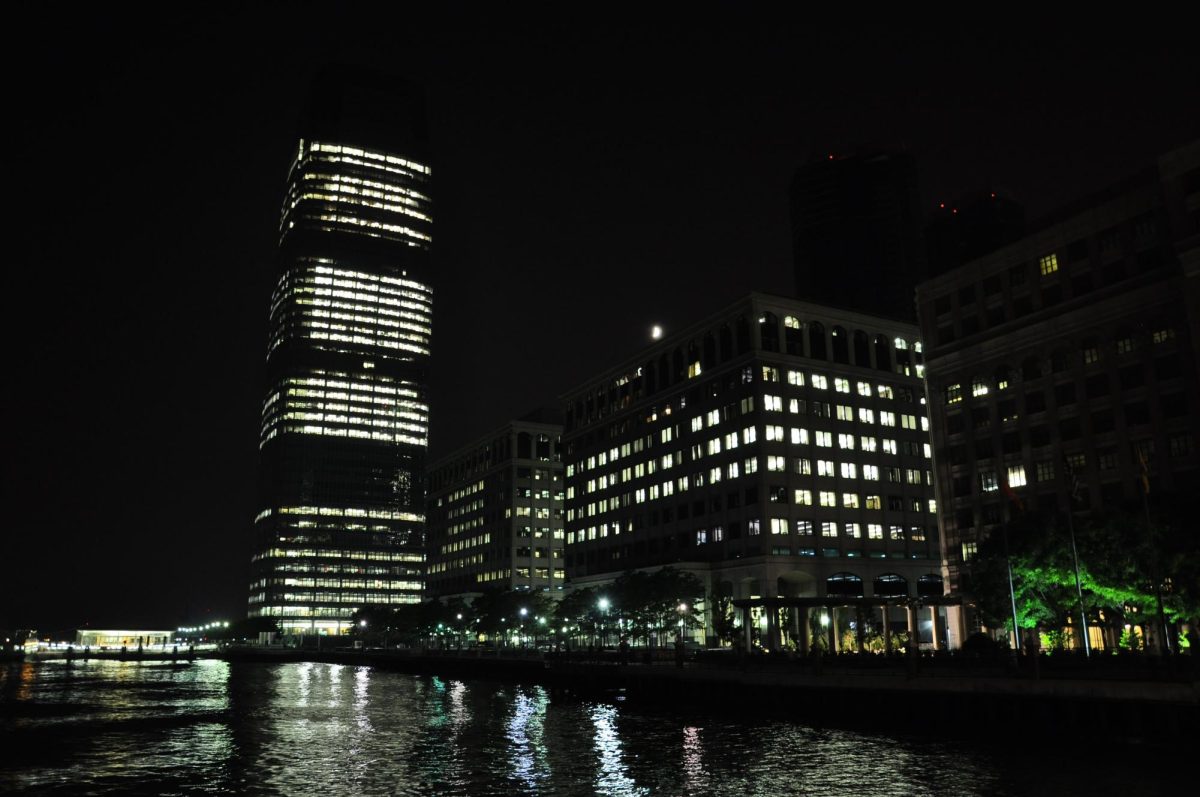Drone attacks on Saudi Arabian oil facilities on Sept. 14 knocked out nearly half of the country’s oil supplies, causing the oil prices to rise worldwide.
The price of Brent crude, a global benchmark, increased by 15% to $69.02 a barrel on Sept. 16, its largest jump in a day since 1988. It was trading at $64.44 on Sept. 18.
Saudi Arabia is one of the world’s largest crude exporters, therefore, a possible supply shortage is not only a loss for Saudi Arabia, but also a threat to the global economy and markets.
Also, the increased price of oil can lead to long-term economic concerns like more expensive heating bills.
Saudi officials announced that out of 5.7 million affected barrels in Abqaiq facility, one-third of them could be restored by Sept. 16 and almost 50% was restored by Sept. 17.
Energy minister Prince Abdulaziz bin Salman said that the reserves are being used to supply oil to its customers at pre-attack levels and that the normal production rate of 4.9 million barrels a day
will return by the end of November.
Saudi oil strikes are also the biggest oil disruption in history, with the loss of 5.7 millions of barrels a day, followed by the loss of 5.6 million barrels a day during the Iranian Revolution in 1978-79, and 4.3 million barrels during the Iraqi invasion of Kuwait in 1990-91.
A New York Times article pointed out how the increase in oil prices were expected after the attack; however, this incident would have hurt the global market more severely a decade ago.
The determinant in this case is the boost of oil production in the United States. The United States produces around 12.1 million barrels of oil a day, which is double what was produced in 2012.
In relation to the incident, President Donald Trump tweeted: “Because we have done so well with Energy over the last few years (thank you, Mr. President!), we are a net Energy Exporter, & now the Number One Energy Producer in the World. We don’t need Middle Eastern Oil & Gas, & in fact have very few tankers there, but will help our Allies!”
He also commented on the increase in oil production in New Mexico and tweeted in all capital letters, “PLENTY OF OIL!” The implication was that the United States is not dependent on export when it comes to oil.
However, in the long-term, oil prices would inevitably rise significantly if the United States were to stop importing oil from the Middle East.
President Trump gave authorization for the release of oil from the Strategic Petroleum Reserve, an emergency storage maintained by the United States Department of Energy, which gave a message that conflicted with the previous comments about not being reliant on Saudi oil.
Yemeni groups claimed responsibility for the attack, but both Saudi and U.S. investigators suspect the involvement of the Iranian government in this attack, while Iran still continues to reject the accusations.









